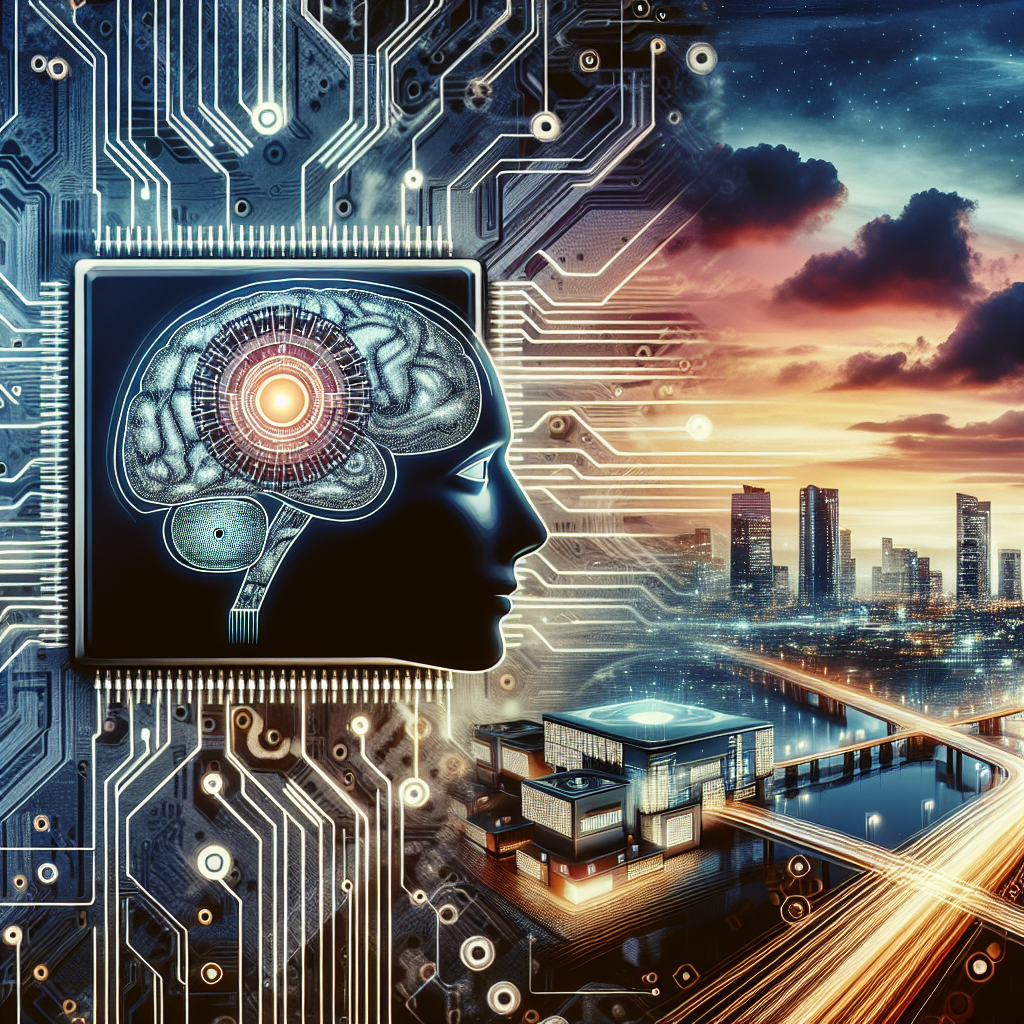The Rise of AGI: How It’s Reshaping the Future of Technology
Artificial General Intelligence (AGI) is a concept that has been the stuff of science fiction for decades. However, recent advancements in technology have brought us closer than ever before to the realization of AGI. In this article, we will explore the rise of AGI, its potential impact on the future of technology, and what it means for society as a whole.
What is AGI?
AGI refers to a type of artificial intelligence that possesses general intelligence, meaning it has the ability to understand and learn any intellectual task that a human being can. This is in contrast to narrow AI, which is designed for specific tasks such as playing chess or recognizing speech. AGI is often seen as the holy grail of artificial intelligence, as it has the potential to revolutionize virtually every aspect of human life.
The Rise of AGI
Recent advancements in machine learning and deep learning have brought us closer than ever before to achieving AGI. Researchers have been able to develop algorithms that are capable of learning from vast amounts of data, allowing machines to perform tasks that were previously thought to be the exclusive domain of human intelligence. For example, Google’s AlphaGo program was able to defeat the world champion Go player in 2016, a feat that was widely considered to be impossible for a machine.
In addition to advances in machine learning, researchers have also made significant progress in the field of robotics. Robots are now capable of performing complex tasks such as driving cars, performing surgery, and even assisting with household chores. As robots become more sophisticated and capable, the line between human and machine intelligence becomes increasingly blurred.
The Impact of AGI on Technology
The rise of AGI has the potential to reshape the future of technology in a number of ways. One of the most obvious impacts will be on the job market. As machines become more intelligent and capable, they will be able to perform a wider range of tasks, displacing human workers in many industries. This could lead to widespread unemployment and economic upheaval, as society grapples with the implications of a workforce that is increasingly automated.
AGI also has the potential to revolutionize the fields of healthcare, transportation, and entertainment. For example, AGI-powered robots could assist with diagnosing and treating patients, while self-driving cars could reduce traffic accidents and congestion. In the entertainment industry, AGI could be used to create lifelike virtual characters and immersive experiences that were previously only possible in science fiction.
The Social and Ethical Implications of AGI
While the rise of AGI has the potential to bring about many benefits, it also raises a number of social and ethical concerns. One of the most pressing issues is the question of control. As machines become more intelligent and autonomous, there is a risk that they could surpass human intelligence and take on a life of their own. This could lead to a scenario in which machines are able to make decisions that are harmful to humanity, either intentionally or unintentionally.
Another concern is the impact of AGI on privacy and security. As machines become more intelligent and capable, they will have access to vast amounts of personal data, raising questions about how that data will be used and protected. There is also the risk of malicious actors using AGI for nefarious purposes, such as hacking into critical infrastructure or conducting cyber warfare.
The Rise of AGI and the Future of Society
The rise of AGI has the potential to revolutionize virtually every aspect of society, from the way we work and communicate to the way we live and interact with the world. As machines become more intelligent and capable, they will be able to perform tasks that were previously thought to be impossible, leading to a future that is both exciting and uncertain.
One of the key challenges facing society in the age of AGI is how to ensure that the benefits of this technology are distributed equitably. As machines become more intelligent and capable, there is a risk that they could exacerbate existing inequalities and create new ones. It will be crucial for policymakers, researchers, and industry leaders to work together to ensure that the benefits of AGI are shared by all members of society.
FAQs
Q: Will AGI replace human workers?
A: While AGI has the potential to automate many tasks that are currently performed by humans, it is unlikely to completely replace human workers. Instead, AGI is likely to augment human intelligence and capabilities, leading to new job opportunities and ways of working.
Q: How will AGI impact the economy?
A: The rise of AGI is likely to have a profound impact on the economy, as machines become more intelligent and capable of performing a wider range of tasks. This could lead to widespread unemployment in some industries, while creating new job opportunities in others.
Q: What are the ethical implications of AGI?
A: AGI raises a number of ethical concerns, including questions about control, privacy, and security. It will be crucial for policymakers, researchers, and industry leaders to work together to ensure that AGI is developed and used in a responsible and ethical manner.
In conclusion, the rise of AGI has the potential to revolutionize the future of technology in ways that were previously unimaginable. While this technology holds great promise, it also raises a number of social and ethical concerns that must be addressed. As society grapples with the implications of AGI, it will be crucial for policymakers, researchers, and industry leaders to work together to ensure that this technology is developed and used in a responsible and ethical manner.

